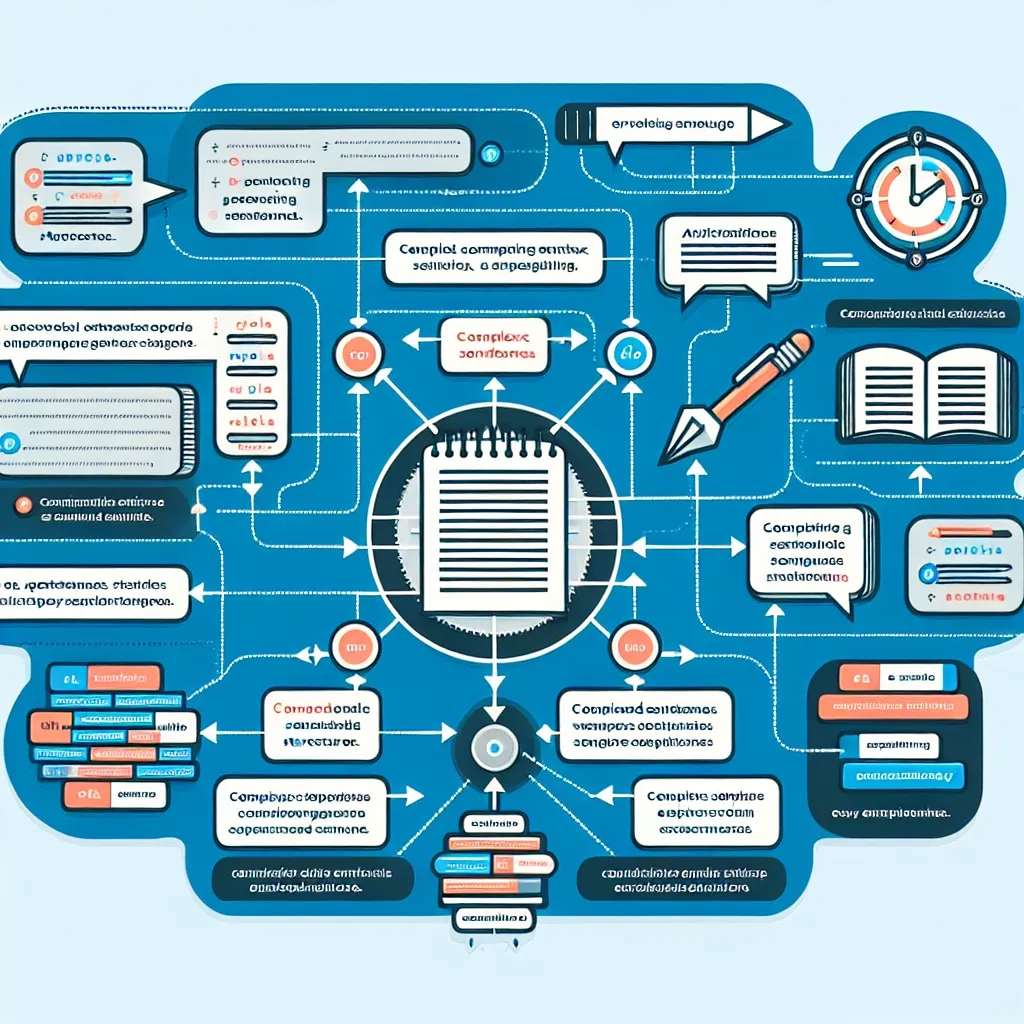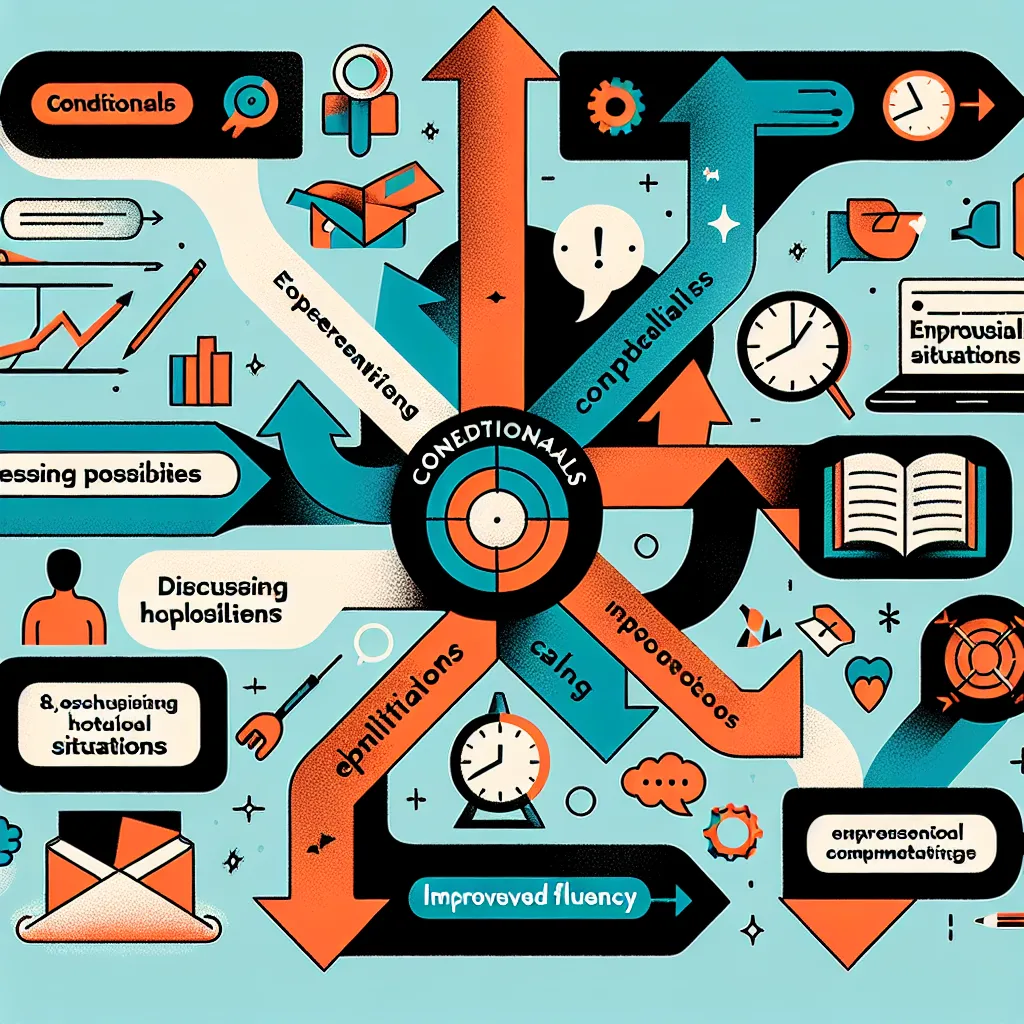Mastering English tenses is a crucial step in becoming proficient in the language. Whether you’re a beginner or an advanced learner, understanding and correctly using various tenses can significantly improve your communication skills. In this comprehensive guide, we’ll explore effective strategies to help you master the use of different tenses in English.
Understanding the Importance of English Tenses
English tenses are essential for conveying when an action takes place. They help us express past, present, and future events with precision. Mastering tenses allows you to communicate more effectively, express complex ideas, and avoid misunderstandings in both spoken and written English.
 English Tenses Timeline
English Tenses Timeline
The 12 Basic English Tenses
Before diving into mastery techniques, let’s review the 12 basic English tenses:
- Simple Present
- Present Continuous
- Present Perfect
- Present Perfect Continuous
- Simple Past
- Past Continuous
- Past Perfect
- Past Perfect Continuous
- Simple Future
- Future Continuous
- Future Perfect
- Future Perfect Continuous
Grouping Tenses for Easier Learning
To make learning more manageable, group tenses into three main categories:
- Present Tenses
- Past Tenses
- Future Tenses
This approach allows you to focus on one group at a time, understanding the relationships between tenses within each category.
Strategies for Mastering English Tenses
1. Start with the Basics
Begin by mastering the simple tenses (Simple Present, Simple Past, and Simple Future). These form the foundation for understanding more complex tenses.
Example:
- Simple Present: “I eat breakfast every day.”
- Simple Past: “I ate breakfast yesterday.”
- Simple Future: “I will eat breakfast tomorrow.”
2. Practice Regular Verb Conjugations
Create a list of common regular verbs and practice conjugating them in different tenses. This will help you recognize patterns and internalize the rules.
Example with the verb “work”:
- Present: I work
- Past: I worked
- Future: I will work
3. Learn Irregular Verbs
Dedicate time to memorizing common irregular verbs, as they don’t follow standard conjugation rules.
Example with the verb “go”:
- Present: I go
- Past: I went
- Past Participle: I have gone
4. Use Timeline Visualizations
Create or find visual timelines that represent different tenses. This can help you understand when to use each tense based on the time of the action.
 Tense Timeline Visualization
Tense Timeline Visualization
5. Practice with Contextual Examples
Instead of learning tenses in isolation, practice using them in context. Create or find example sentences that reflect real-life situations.
Example for Present Perfect:
“I have lived in New York for five years.” (This implies that I still live there.)
6. Utilize Online Resources and Apps
Take advantage of online grammar exercises, quizzes, and language learning apps that focus on tense practice.
Some recommended resources include:
- Grammarly
- Duolingo
- BBC Learning English
7. Read Extensively
Reading English books, articles, and news can help you see tenses used in context. Pay attention to how authors use different tenses to convey timing and duration of actions.
8. Listen to Native Speakers
Listening to podcasts, watching English movies or TV shows, and engaging with native speakers can improve your understanding of how tenses are used in everyday conversation.
9. Practice Speaking and Writing
Regularly practice using different tenses in your speaking and writing. Keep a journal, participate in language exchange programs, or join English conversation groups.
10. Use Mnemonic Devices
Create memory aids to help you remember the rules for different tenses.
Example for Present Perfect:
“Have or Has + Past Participle = Present Perfect”
Common Mistakes to Avoid
When mastering English tenses, be aware of these common pitfalls:
- Mixing up Present Perfect and Simple Past
- Incorrect use of continuous tenses
- Forgetting to change the verb form in reported speech
- Using the wrong auxiliary verb (e.g., “will” instead of “would” in conditional sentences)
Practice Exercises
To reinforce your learning, try these exercises:
- Fill in the blanks with the correct tense
- Rewrite sentences in different tenses
- Create your own sentences using specific tenses
- Identify tenses in a given text
For more in-depth practice on specific aspects of English grammar, check out our guides on mastering English negations and questions and learning the difference between active and passive voice.
Conclusion
Mastering the use of different tenses in English requires consistent practice and patience. By following these strategies and dedicating time to regular study, you can significantly improve your understanding and usage of English tenses. Remember, language learning is a journey, so celebrate your progress along the way!
For more tips on improving your English grammar skills, explore our article on mastering English grammar in conversation. Keep practicing, and you’ll see improvement in no time!




